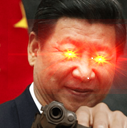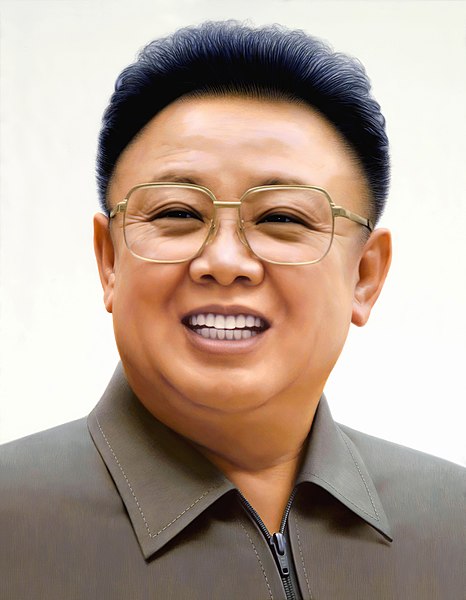I’m being hyperbolic [the greatest book ever is obviously Capital (/s)], but I really do love Quotations. It was the first piece of theory I ever read and I think it really helped me although I don’t follow it religiously [although maybe I should in a few places]. Idk, in a good mood today so wanted to share that
He means that we must not follow books but learn from them and find our path in the concrete world.
Marx thought peasants were reactionary by definition. Mao leaned Marxist theory, but instead of worshipping Marx, he analysed China economic social formation and saw the revolutionary potential in china’s peasants. We must learn from Mao, but not worship him.
Right right, I know. The title is just a joke.
Idk, the post doesn’t have much of a point. I was just reading it the other day and I couldn’t contain my emotions about it.
Mao: “Oppose book worship” (writes greatest book ever)
Deng: “liberalize the economy” (puts socialism on a firmer basis)
Xi: “Complete the reform and opening up” (eliminates absolute poverty, curbs corruption, re-emphasizes Marxism, and strengthens the state sector like a boss)
Chinese leaders’ troll game is on another level.
To Cochise
I think it’s called being not dogmatic, but the rest of what you said is true
To elaborate
Like Mao said, it’s not ‘pragmatism’ / liberal reformism as the solution, but the main point being not only the universality of change, but its particularity;
you can cook eggs in water, increasing the temperature, and its particular nature is, faced with its internal chemical natural reaction and the external temperature change, it will cook irreversibly, but a rock boiled can’t do that. For that, the particular change would be something else.
As you said, it’s about analyzing formation, and especially regarding social formation, the different ways different classes go about it, and evolve into new societies, with their own new classes, relations of production, productive forces, etc. (Read On Contradiction for this)
Whereas, in Marx’s view, peasants were only reactionary in so far as it delayed the initial revolutionary change to capitalism in the West. The main contradiction was between LOCAL feudal and bourgeois society, and Marx was on the side of the progressive one, the bourgeois forces.
In Mao’s view, during the time of imperialism and thus Marxism Leninism responding to it, western imperial capitalism is not really revolutionary as much as it was destructive to the local livelihoods and societies, and did not provide any of the new changes, unlike in the West, but in fact reinforced the reactionary status quo, so long as it helped them to exploit their colonies and semi-colonies in their system of colonialism and later imperialism, if not help accumulate Capital from the wreckage of their societies.
Thus the main contradiction was not b/w local reactionary and progressive forces, but b/w local nationalist progressive class forces, of mostly self reliant local feudal and bourgeois forces, and imperial and allied comprador reactionary class forces, the latter obviously of colonial capitalism and its local feudal allies. (Read Analysis of the Classes in Chinese Society for this)
Now, who made up the majority of the former progressive class forces, the peasants, especially on the poorer but also middle side, some of them even semi-proletariat, one of, if not the most oppressed. And these were most likely to turn into the industrial proletariat, which is the internal progressive class of each nation-state needed to bring in socialism. But without its peasant allies, its self-reliant governance of the working classes would not come to affect.
That being said, I should too read some Quotations of Mao Zedong.




